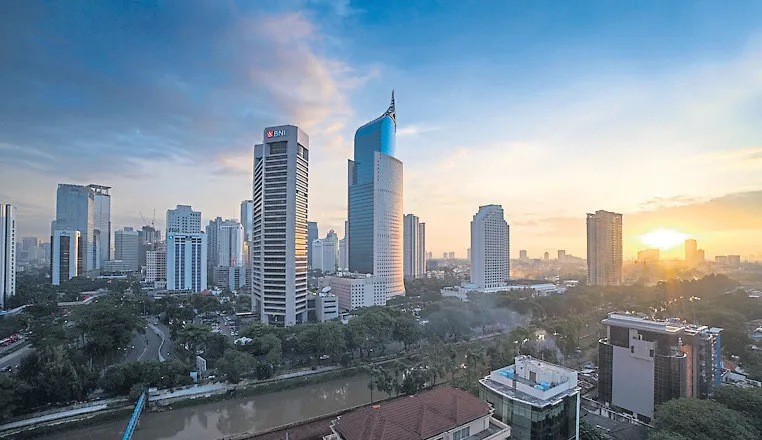The version of Islam found in the Muslim majority countries of Southeast Asia – Indonesia, Malaysia and Brunei – has long been regarded as a more moderate face of the religion.
Indeed, when these countries gained independence from their colonial rulers after the Second World War, political systems and social structures were shaped to more resemble Western democratic models than the more self-consciously Islamic systems of the Middle East.
Even when these new nations introduced elements of Islamic legislation in the early years of independence – such as Indonesia’s 1965 blasphemy law and Malaysia’s Sharia Courts (Criminal Jurisdiction) Act of the same year – these laws seemed initially to have benign consequences in a climate of relative social harmony and interfaith acceptance.









